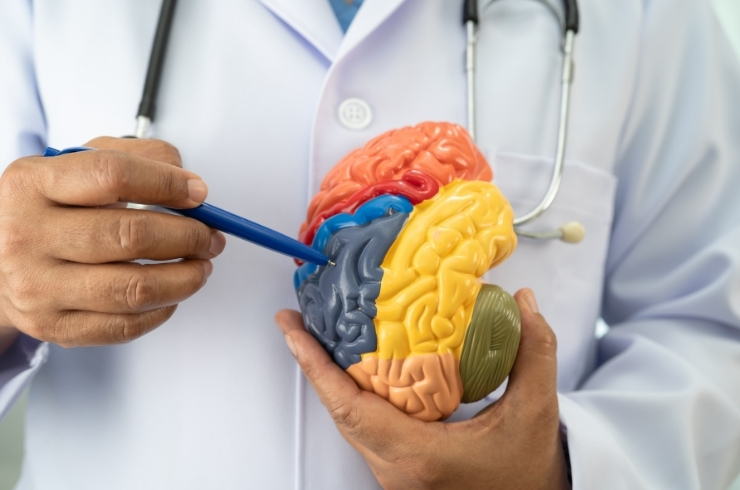
When the Immune System Turns Against the Brain
At Rochana Medical Center, we offer specialized care for Autoimmune Brain Disorders, a group of complex conditions where the body’s immune system mistakenly attacks healthy brain tissue. These disorders can be challenging to diagnose and treat, but with early recognition and expert care from Dr. Umesh T, patients can experience significant recovery and regain their quality of life.
Autoimmune brain disorders occur when the immune system produces antibodies that mistakenly target brain cells, causing inflammation and neurological dysfunction. These conditions can affect patients of any age and may progress rapidly, making early diagnosis critical. Common autoimmune neurological conditions include:
Autoimmune Encephalitis (including Anti-NMDA receptor encephalitis)
Hashimoto’s Encephalopathy
Limbic Encephalitis
CNS Lupus (Neuropsychiatric Lupus)
Multiple Sclerosis (MS)
Neuromyelitis Optica (NMO)
Paraneoplastic Neurological Syndromes
Sudden memory loss or confusion
Behavioral or psychiatric changes
Seizures
Hallucinations or psychosis
Abnormal movements
Headache, speech problems, or sleep disturbances
These symptoms can mimic psychiatric illnesses, infections, or even tumors, making expert evaluation essential.
Dr. Umesh T brings extensive experience in managing rare and complex neuro-immunological conditions. Our center offers:
Detailed clinical evaluation and history-taking
Advanced imaging (MRI brain and spine)
Cerebrospinal fluid analysis and antibody testing
Blood tests to identify autoantibodies or related systemic diseases
Coordination with oncologists for paraneoplastic disorders
Once diagnosed, treatment may include:
High-dose corticosteroids
Immunoglobulin therapy (IVIG)
Plasmapheresis (plasma exchange)
Long-term immunosuppressants
Symptomatic support and neurological rehabilitation
We also provide multidisciplinary care, including psychological support, counseling, and follow-up monitoring to track recovery and prevent relapses.